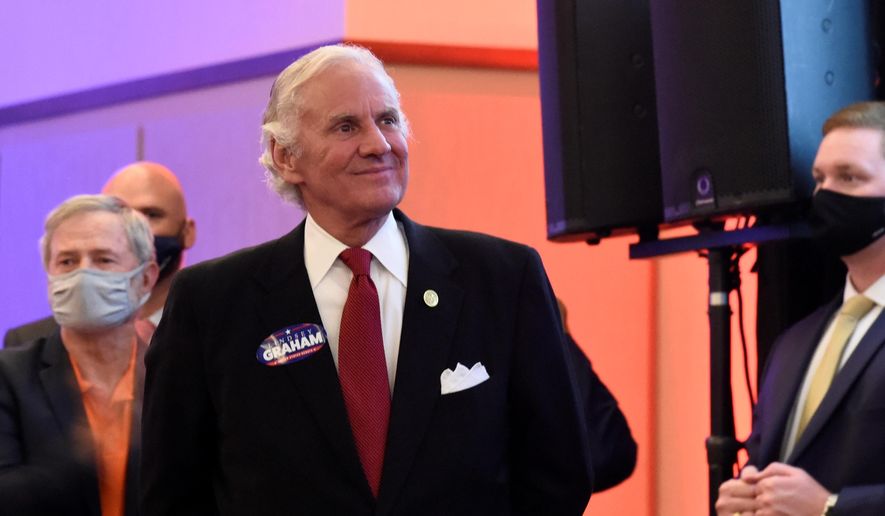COLUMBIA, S.C. (AP) - Although the recession brought on by the coronavirus pandemic has strained South Carolina’s unemployment trust fund, the state won’t raise unemployment taxes on most businesses next year, Gov. Henry McMaster announced Thursday.
Instead, the state legislature has replenished the fund through $920 million of federal pandemic aid to keep tax rates at their current levels, and state leaders are urging South Carolinians who have lost their jobs in the pandemic to get back to work sooner than later.
McMaster and other state leaders gathered at the Statehouse said the decision would help small and large businesses in the state.
“We’re in good shape, with all engines intact except for a few,” McMaster said. “We will rev them up soon, and our economy is going to leap forward.”
Before March, the state was slated to take in additional $800 million in revenue from taxes and fees in the 2020-2021 budget year; budget analysts said this week that they don’t expect to see any of that extra cash anymore. State economists also say employment rates likely won’t return to where they were in February until 2022.
As of September, the state unemployment rate was 5.1%, a drop from 12.8% in April. South Carolina has paid out more than $1 billion in regular unemployment aid since March.
“We’ve got 120,000 claimants who need to go back to work,” said Dan Ellzey, director of the Department of Employment and Workforce, of the South Carolinians who are unemployed and actively seeking jobs.
Ellzey said he didn’t have numbers on people who had stopped looking. He said the workforce agency is trying to match job seekers with 80,000 openings on a job portal, planning drive-through and virtual job fairs, and offering free access to online education classes.
Also Thursday, McMaster acknowledged the continued spread of COVID-19 throughout the state and urged residents to take care throughout the holiday season, though he noted he was encouraged by state hospitals’ “ample space” and the increased knowledge about the virus from the spring.
As dropping temperatures could push people indoors, South Carolina could see a fall surge in cases, health department officials have warned. In the last two weeks, the rolling number of daily new cases has increased 13.9%, from 1,019 to 1,161 new cases, per data from Johns Hopkins University.




Please read our comment policy before commenting.